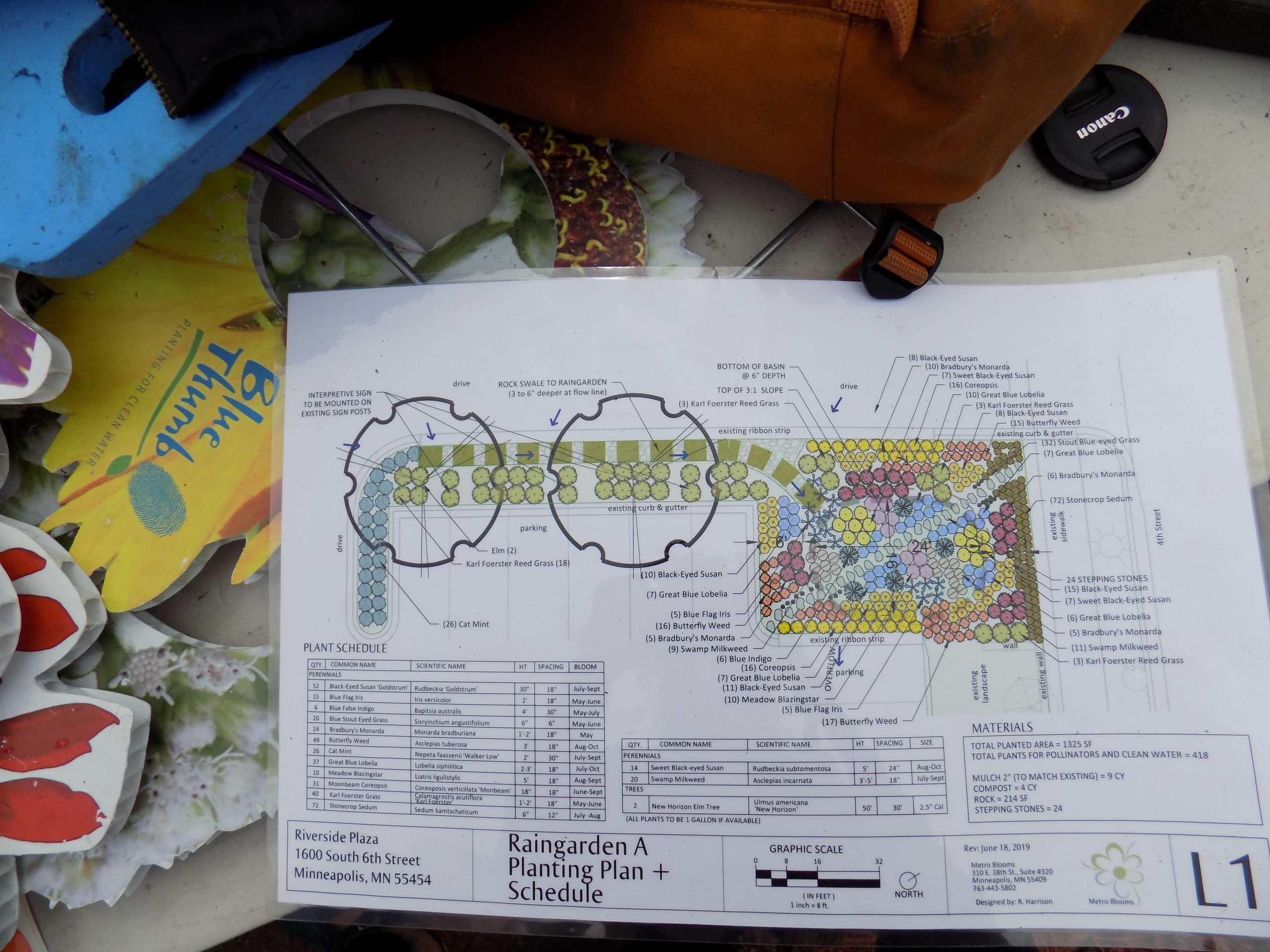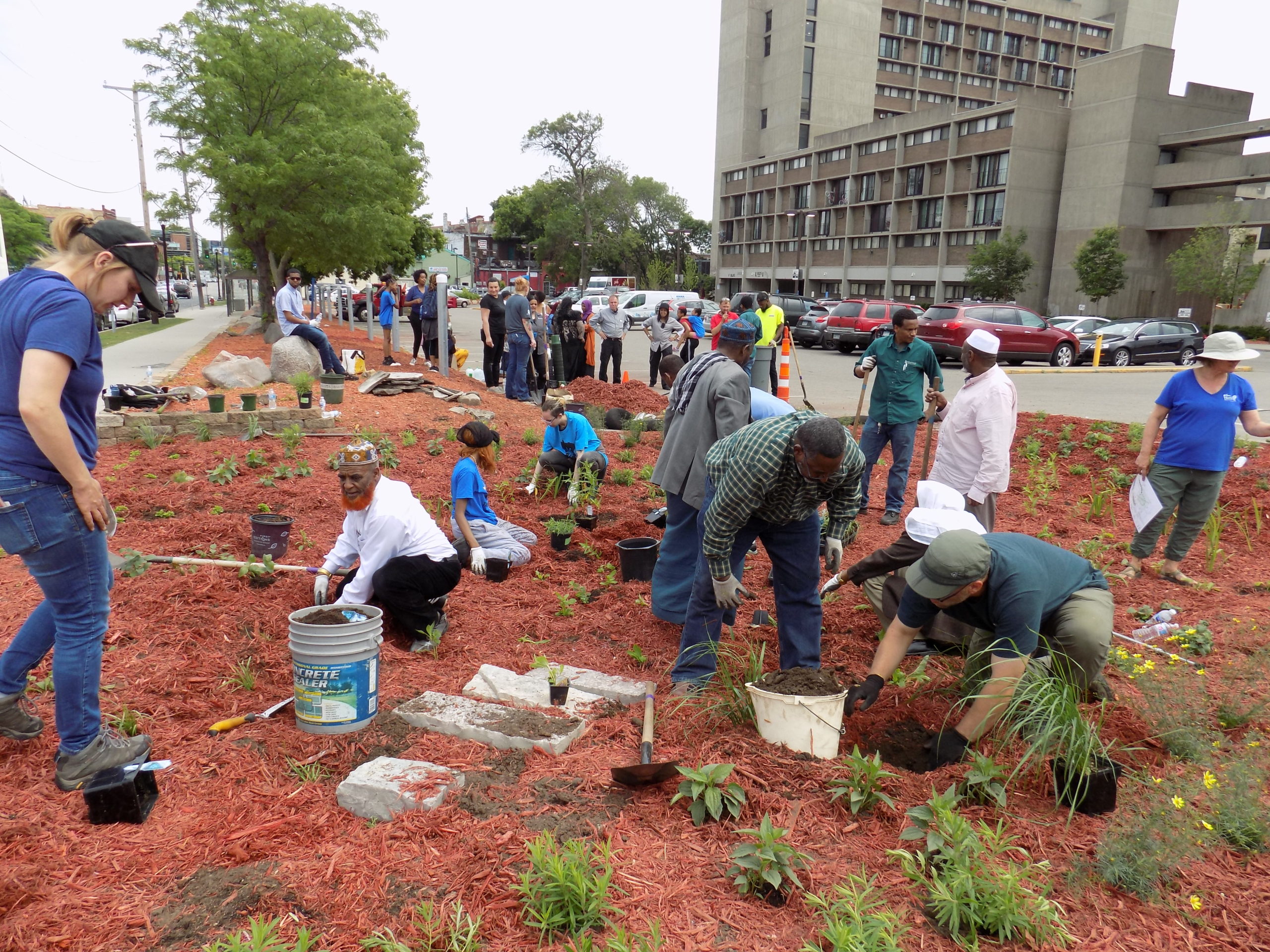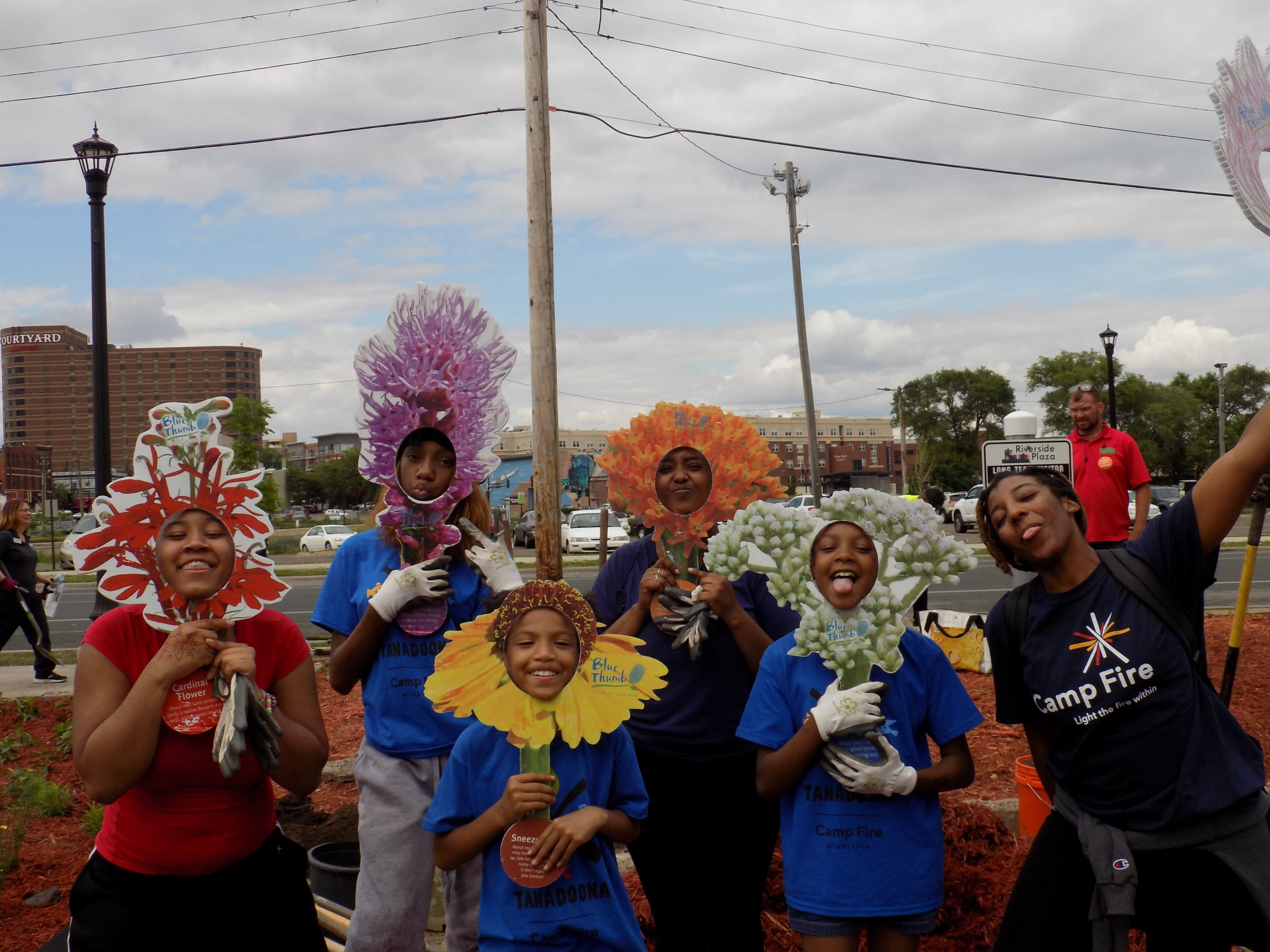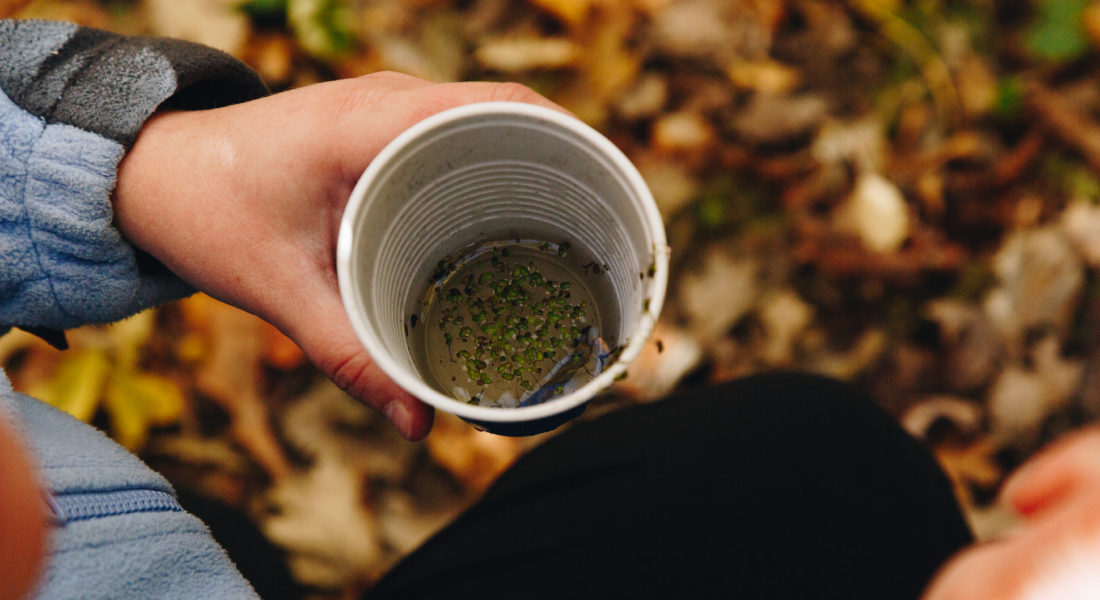Our former camp name is referenced below. Learn more about our name change in 2022 here.
October 2019
Think of the last time you visited your local lake. What was the water like?
It’s no secret that many cities across the country struggle with protecting their local watersheds from pollutants. A 2018 study conducted by the Minnesota Pollution Control Agency found that about 40% of Minnesota’s lakes and streams do not meet water quality standards.
But across the metro area, communities and organizations are developing creative solutions to combat the effects of pollutants on Minnesota waterways so that our rivers and lakes stay healthy and safe. Earlier this year Camp Fire Minnesota received a grant from RBC to implement water quality programs and curriculum at Tanadoona and partner housing sites. Here’s what we’re doing.

On June 16, over 40 people gathered outside The Riverside Plaza Apartments in Minneapolis’ Cedar-Riverside neighborhood to plant a rain garden. The day was a collaboration between Camp Fire Minnesota, Metro Blooms, and Riverside Plaza as part of a land stewardship project that will improve the building’s outdoor features and its environmental impact on local watersheds.
In addition to designing the rain garden, Metro Blooms met with Camp Fire youth earlier in the spring and led a lesson on rain water runoff and how to create and maintain sustainable gardens.
Designed to resemble a shallow basin, rain gardens reclaim storm water and trickle it back into the ground. Left to its own devices, rain water would otherwise flow through streets, picking up pollutants and depositing them back into our water. Additionally, most of the plants in the rain garden will attract pollinators like bees and butterflies to the area. Given Riverside Plaza’s proximity to the Mississippi, Camp Fire youth and Riverside community members were excited to contribute to a project that will have a lasting impact on their neighborhood.




Camp Fire Minnesota has always viewed the Tanadoona property as both a space for recreation and play as well as a place where youth can grow as environmental stewards. In the past year, we’ve renovated the Tanadoona Nature Center, installed a Pollinator Garden, and completed construction on the Big Woods Overlook. The RBC grant allowed us to complete another project on our Tanadoona property; a rain garden.

A true community initiative, the Tanadoona rain garden was a product of partnerships with Minnesota Native Landscapes, PwC, and Deloitte & Touche, LLP who helped us select the appropriate plants and install the garden during their annual volunteer day.
The garden, which starts at the edge of Corona Village is designed to collect runoff from the camp property that would otherwise trickle down into Lake Minnewashta. As Camp Fire staff prepare for fall field trips and programming, the rain garden will be an important addition to our water quality curriculum.

Want to learn more about our water quality work and how you can get involved?
Check back for parts 2 and 3 of the series!
